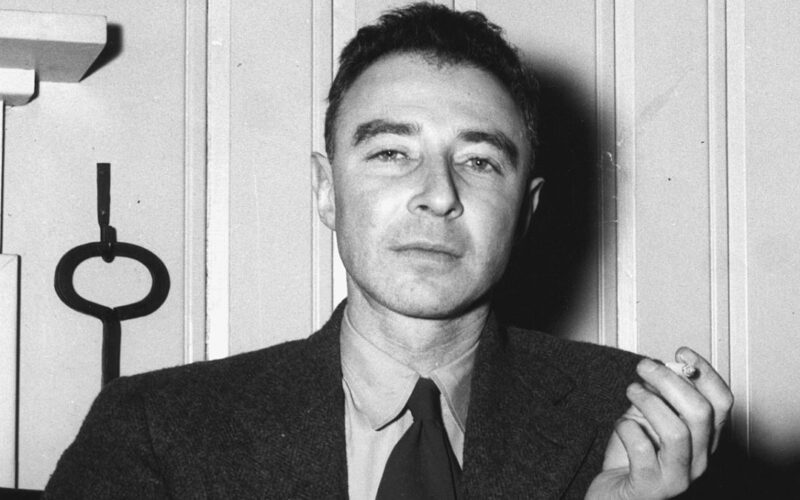J. Robert Oppenheimer, often hailed as the “father of the atomic bomb,” played a pivotal role in the development of nuclear weapons and the Manhattan Project during World War II. His life and contributions continue to intrigue and inspire. Here are 10 fascinating facts shedding light on the enigmatic figure of J. Robert Oppenheimer.
The Early Years
Born on April 22, 1904, in New York City, Oppenheimer showed early signs of brilliance. He displayed an exceptional intellect, mastering multiple languages and demonstrating a keen interest in science and literature from a young age.
Education and Academic Brilliance
Oppenheimer pursued his education at Harvard University, where he excelled in physics and chemistry. Later, he earned his doctorate at the University of Göttingen in Germany, studying under the guidance of renowned physicists.
The Manhattan Project
Perhaps Oppenheimer’s most renowned contribution was his leadership role in the Manhattan Project. During World War II, he directed the scientific efforts that led to the creation of the first atomic bomb, a development that would forever change the course of history.
The Trinity Test
Under Oppenheimer’s supervision, the first successful test of a nuclear weapon took place on July 16, 1945, in the New Mexico desert. This test, code-named “Trinity,” marked a significant milestone in human technological achievement but also raised profound moral and ethical questions about the use of such destructive power.

Intellectual Curiosity
Beyond his work in nuclear physics, Oppenheimer possessed a wide-ranging intellect. He was deeply interested in Eastern philosophy, particularly Hindu scriptures like the Bhagavad Gita, and his quotes often drew from these spiritual texts.
Post-War Controversy
Following the war, Oppenheimer faced scrutiny and controversy due to his political affiliations and past associations with leftist groups. This led to a security clearance hearing in 1954, where he was accused of being a security risk. Despite no evidence of espionage, his clearance was revoked, causing significant personal and professional distress.
Advocate for International Control of Atomic Energy
Despite his role in creating the atomic bomb, Oppenheimer became an advocate for international control of nuclear weapons. He joined efforts to control nuclear proliferation and prevent further devastation caused by these weapons.
Legacy in Science and Education
Oppenheimer’s legacy extends beyond the atomic bomb. He made substantial contributions to theoretical physics and quantum mechanics, leaving an indelible mark on the scientific community. His work also influenced future generations of physicists and scientists.
Personal Struggles
Behind Oppenheimer’s brilliant mind lay personal struggles, including battles with depression and existential concerns. His complex personality and inner turmoil added depth to his character and contributed to his enigmatic reputation.
Honors and Recognition
Despite the controversies, Oppenheimer received numerous honors and awards for his scientific contributions. He was awarded the Enrico Fermi Award and the Presidential Medal of Merit for his exceptional achievements in physics.
J. Robert Oppenheimer, a complex and multifaceted figure, remains an enigmatic personality in the annals of science and history. His contributions to nuclear physics, leadership in the Manhattan Project, and subsequent advocacy for nuclear disarmament continue to spark debates and discussions about the role of science in society and the ethical responsibilities of scientists.










